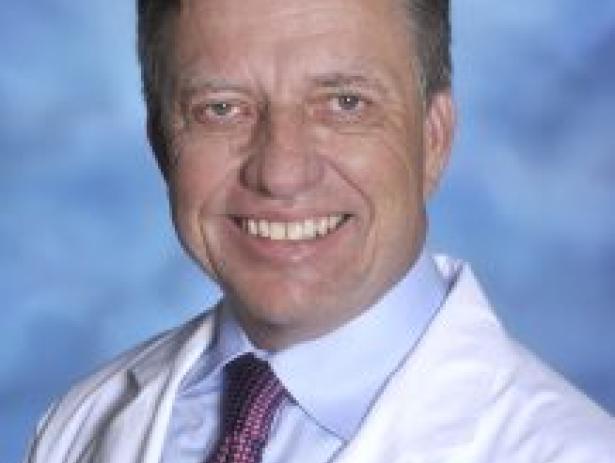October 3, 2017
HFSA President’s Blog

As the new President of HFSA it is my great pleasure to welcome you to this weekly blog. Over the coming year, I will use this space to keep you up to date on the latest news and activities of HFSA, and share my thoughts and perspectives on clinical, research, education, and policy developments.
We just finished one of the most important events of our organization: the Annual Scientific Meeting. It was an outstanding conference! We had nearly 2,000 attendees, a significant increase from last year, and the excellent presentations, stimulating dialogue and controversy all contributed to a meaningful and impactful meeting. I think we all came away with additional knowledge and insight that will help us deliver better care to our patients.
Some interesting clinical trial results were presented. ROPA-DOP, a randomized trial of diuretics and dopamine in acute decompensated heart failure with preserved EF, suggested that the continuous infusion of diuretics may be harmful to renal function.
GOURMET-HF compared the DASH restricted-sodium diet versus usual care in patients who had been recently hospitalized with acute decompensated heart failure. Improvement in quality of life and heart failure hospitalizations were observed in the short term, suggesting the importance of a larger scale clinical trial to test this hypothesis. Very exciting.
We also saw the first presentation of a randomized trial of two doses of allogenic mesenchymal stem cell therapy in an early phase 2 study suggesting advantages for the higher dose cell therapy delivery strategy. Novel information from the PARAGON-HF Trial showed a small sustained improvement in quality of life in patients receiving sacubitril/valsartan, with areas of improvement as determined by the Kansas City Cardiomyopathy Questionnaire (KCCQ).
The PIONEER HCM trial was amazingly intriguing. This open-labeled study of mavacamten (formerly MYK-461) in patients with hypertrophic cardiomyopathy showed a significant reduction in obstructive gradients and other measurements of obstructive physiology suggesting that this new myosin-ATPase modulating drug has significant promise. The fact that these changes occurred within the short duration of exposure of less than 4 weeks makes this result particularly exciting.
The HFSA meeting generated an outstanding level of activity on social media. Our Twitter account registered a total of 42,800 impressions over the course of the meeting, with 361 retweets. We had 3,904 downloads of our annual meeting app, and 108,741 session views, all of which are signs that the content presented was relevant, provocative and important.
As we continue to optimize our annual meeting, I want to hear from you. What are your thoughts on the content, format and venue? How about the duration and timing of the meeting? What can we do better as we prepare for a stimulating and compelling meeting in one of the most fascinating and unique cities in the country, Nashville, Tennessee.
Thank you for your support of HFSA. I look forward to hearing your thoughts and working with you in the months ahead.
Best,
Chris
Christopher M O’Connor, President HFSA
Vision: To Significantly Reduce the Burden of Heart Failure
